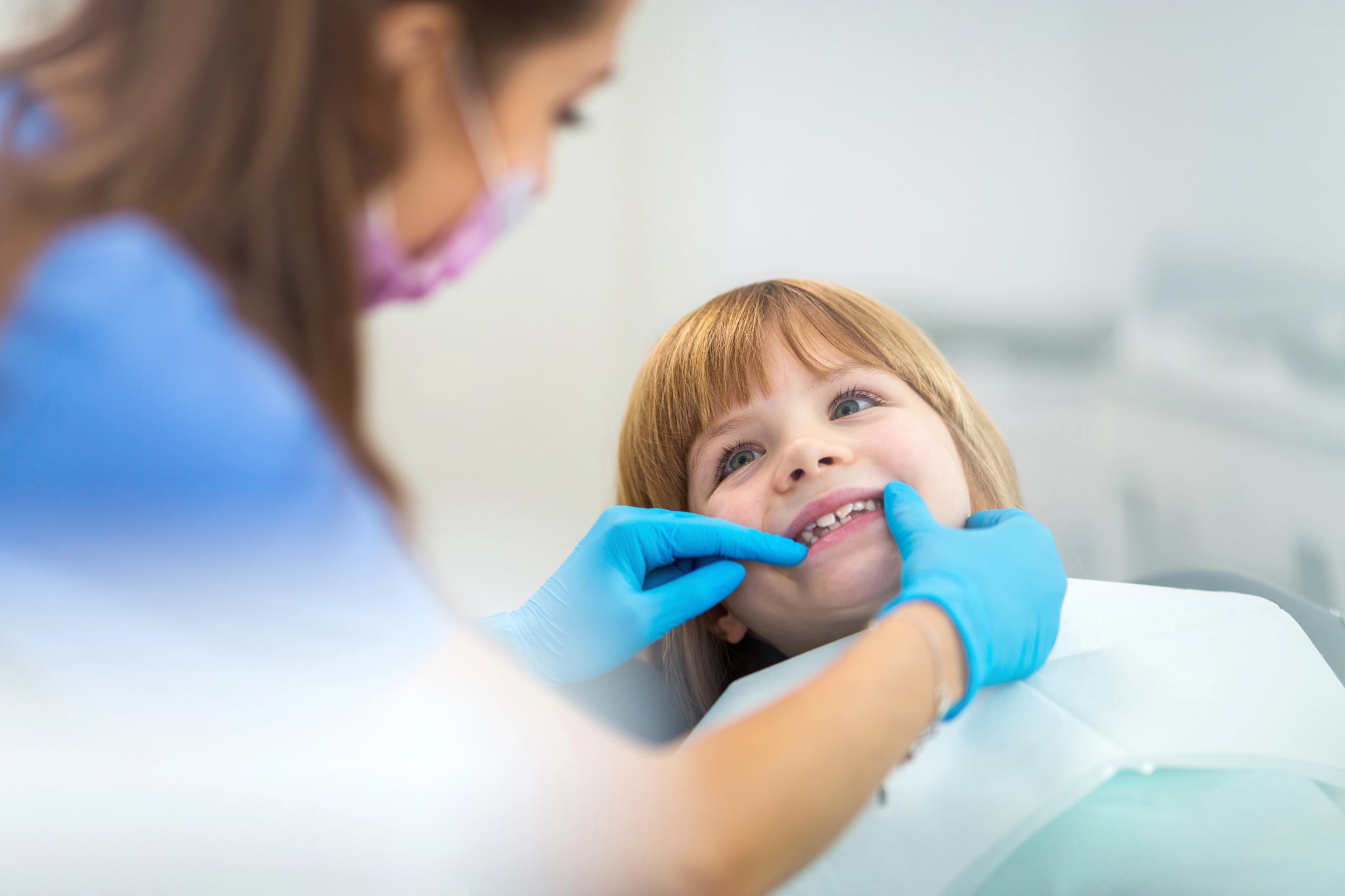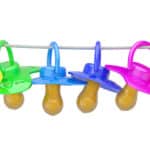When you bring your child in for a routine dental checkup, it might just seem like a quick look, a cleaning, and a new toothbrush. But children's dentists are trained to spot subtle issues you might never notice at home. A children's dental checkup is more than just cavity hunting — it's about protecting your …
When you bring your child in for a routine dental checkup, it might just seem like a quick look, a cleaning, and a new toothbrush. But children’s dentists are trained to spot subtle issues you might never notice at home. A children’s dental checkup is more than just cavity hunting — it’s about protecting your child’s future smile.
Here’s a look at what dentists are really scanning for during kids’ oral care visits and why early detection matters.
Early Crowding and Bite Problems
One major thing a children’s dentist checks for is how the teeth are coming in. Even if everything looks straight to you, dentists are trained to spot early signs of crowding, crossbites, overbites, and underbites. These issues often start long before all the permanent teeth erupt.
Early crowding can hint that orthodontic work will be needed later. But catching it early during kids’ oral care appointments might mean simpler, less invasive treatments. Some children benefit from early orthodontic interventions that guide jaw growth and help permanent teeth come in better aligned.
Enamel Defects You Might Miss
Parents usually look for obvious problems like brown spots or big cavities. But children’s dentists spot subtle enamel defects that can signal bigger issues.
Hypoplasia (thin or missing enamel) can make teeth more vulnerable to decay. Dentists check for these weak spots during kids’ oral health exams. Catching enamel issues early helps them create personalized kids’ oral hygiene plans — from recommending fluoride treatments to adjusting diet and home care routines.
Habits That Hurt Teeth
Thumb-sucking and pacifier use is normal in babies and toddlers, but if these habits stick around too long, they can mess with dental development. During a children’s dental checkup, dentists look for signs that these habits are affecting your child’s bite or jaw.
They might notice open bites (where front teeth don’t meet) or narrow palate development. If they spot early damage, they can suggest gentle habit-breaking strategies. Addressing these habits early can save your child from major orthodontic work later.
Signs of Grinding and Stress
Kids sometimes grind their teeth (bruxism) without their parents noticing. During a children’s dental checkup, a dentist looks for worn-down areas on the teeth that indicate grinding. Chronic grinding can cause jaw pain, headaches, and enamel wear.
If grinding is spotted, a children’s dentist may suggest nighttime mouthguards or behavioral tips to ease the problem. Sometimes, grinding is linked to stress, so addressing emotional health becomes part of kids’ oral care, too.
Hidden Cavities and Gum Issues
Not all cavities are easy to spot — especially between teeth. Children’s dentists use X-rays and special tools to find hidden decay that you can’t see by just peeking into your child’s mouth.
They also check for early gum problems. Kids’ oral health depends on healthy gums just as much as healthy teeth. Inflamed or bleeding gums can hint at brushing or flossing problems. Dentists use these clues to teach kids (and parents) better kids oral hygiene techniques.
Developmental Red Flags
A children’s dentist isn’t just checking teeth — they’re also watching for developmental milestones. They track when baby teeth fall out when permanent teeth erupt, and if anything seems off with jaw growth.
If a dentist spots a delay or abnormality, it could be a clue to underlying health issues. Early detection leads to quicker intervention from pediatricians or orthodontists, ensuring your child’s growth stays on track.
Oral Hygiene Coaching — Not Just for Kids
Every children’s dental checkup includes a reality check on daily kids’ oral hygiene routines. Kids may insist they’re brushing twice a day, but plaque buildup tells another story. Dentists use these visits to coach families on better techniques, demonstrate proper flossing, and recommend products suited for kids’ specific needs.
A strong partnership between the children’s dentist, the child, and the parents builds a foundation for lifelong kids’ oral health.
Kids’ oral care is about much more than avoiding sugar and brushing twice a day. A children’s dentist looks beneath the surface — spotting hidden problems, tracking development, and guiding parents on what to watch for at home.
Scheduling regular children’s dental checkups ensures that tiny problems don’t grow into big ones. And the earlier you catch them, the easier (and cheaper) they usually are to fix.
By understanding what your dentist sees that you don’t, you can stay one step ahead in protecting your child’s bright, healthy smile.






